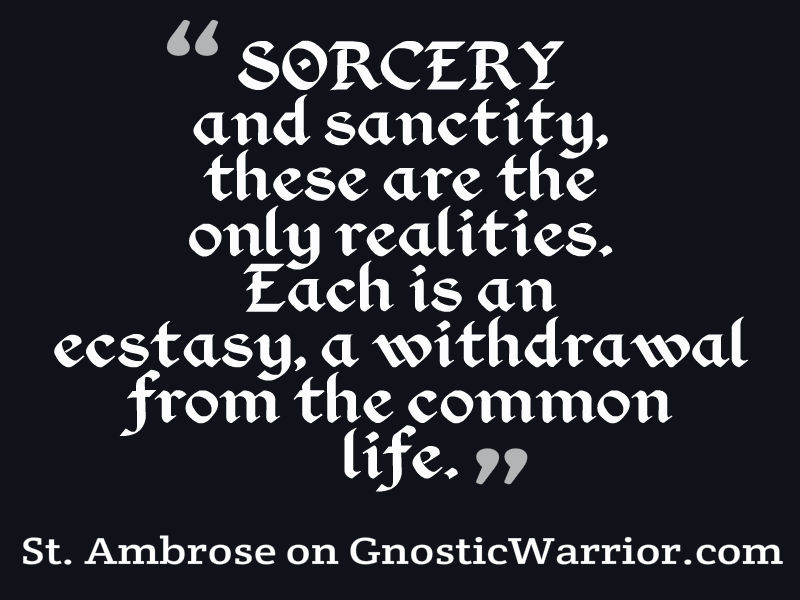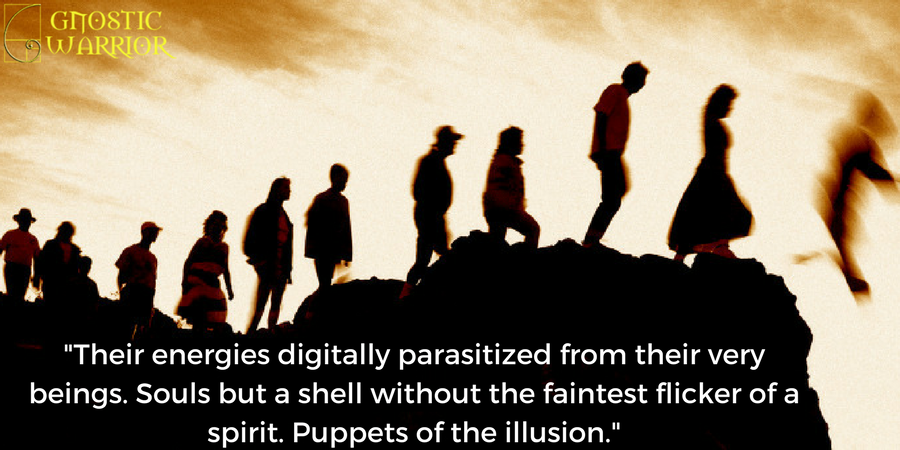There occurred in Moscow, a few years since, a remarkable instance of apparent death. The wife of a wealthy merchant lay in the cataleptic state seventeen days, during which the authorities made several attempts to bury her; but, as decomposition had not set in, the family averted the ceremony, and at the end of that time she was restored to life.
The above instances show that the most learned men in the medical profession are unable to be certain when a person is dead. What they call “suspended animation,” is that state from which the patient spontaneously recovers, through an effort of his own spirit, which may be provoked by any one of many causes. In these cases, the astral body has not parted from the physical body; its external functions are simply suspended; the subject is in a state of torpor, and the restoration is nothing but a recovery from it.
But, in the case of what physiologists would call “real death,” but which is not actually so, the astral body has withdrawn; perhaps local decomposition has set in. How shall the man be brought to life again? The answer is, the interior body must be forced back into the exterior one, and vitality reawakened in the latter. The clock has run down, it must be wound. If death is absolute; if the organs have not only ceased to act, but have lost the susceptibility of renewed action, then the whole universe would have to be thrown into chaos to resuscitate the corpse — a miracle would be demanded. But, as
we said before, the man is not dead when he is cold, stiff, pulseless, breathless, and even showing signs of decomposition; he is not dead when buried, nor afterward, until a certain point is reached. That point is, when the vital organs have become so decomposed, that if reanimated, they could not perform their customary functions; when the mainspring and cogs of the machine, so to speak, are so eaten away by rust, that they would snap upon the turning of the key. Until that point is reached, the astral body may be caused, without miracle, to reenter its former tabernacle, either by an effort of its
Page 484
own will, or under the resistless impulse of the will of one who knows the potencies of nature and how to direct them. The spark is not extinguished, but only latent — latent as the fire in the flint, or the heat in the cold iron.
In cases of the most profound cataleptic clairvoyance, such as obtained by Du Potet, and described very graphically by the late Prof. William Gregory, in his Letters on Animal Magnetism, the spirit is so far disengaged from the body that it would be impossible for it to reenter it without an effort of the mesmerizer’s will. The subject is practically dead, and, if left to itself, the spirit would escape forever. Although independent of the torpid physical casing, the half-freed spirit is still tied to it by a magnetic cord, which is described by clairvoyants as appearing dark and smoky by contrast with the ineffable brightness of the astral atmosphere through which they look. Plutarch, relating the story of Thespesius, who fell from a great height, and lay three days apparently dead, gives us the experience of the latter during his state of partial decease. “Thespesius,” says he, “then observed that he was different from the dead by whom he was surrounded. . . . They were transparent and environed by a radiance, but he seemed to trail after him a dark radiation or line of shadow.” His whole description, minute and circumstantial in its details, appears to be corroborated by the clairvoyants of every period, and, so far as this class of testimony can be taken, is important. The kabalists, as we find them interpreted by Eliphas Levi, in his Science des Esprits, say that, “When a man falls into the last sleep, he is plunged at first into a sort of dream, before gaining consciousness in the other side of life. He sees, then, either in a beautiful vision, or in a terrible nightmare, the paradise or hell, in which he believed during his mortal existence. This is why it often happens, that the affrighted soul breaks violently back into the terrestrial life it has just left, and why some who were really dead, i.e., who, if left alone and quiet, would have peaceably passed away forever in a state of unconscious lethargy, when entombed too soon, reawake to life in the grave.”

Moe is the founder of GnosticWarrior.com. He is a father, husband, author, martial arts black belt, and an expert in Gnosticism, the occult, and esotericism.





![How the South Saxons received Eadbert and Eolla, and the West Saxons, Daniel and Aldhelm, for their bishops; and of the writings of the same Aldhelm [705 A.D.] | Book 5 | Chapter 17 How the South Saxons received Eadbert and Eolla, and the West Saxons, Daniel and Aldhelm, for their bishops; and of the writings of the same Aldhelm [705 A.D.] | Book 5 | Chapter 17](https://www.gnosticwarrior.com/wp-content/plugins/contextual-related-posts/default.png)